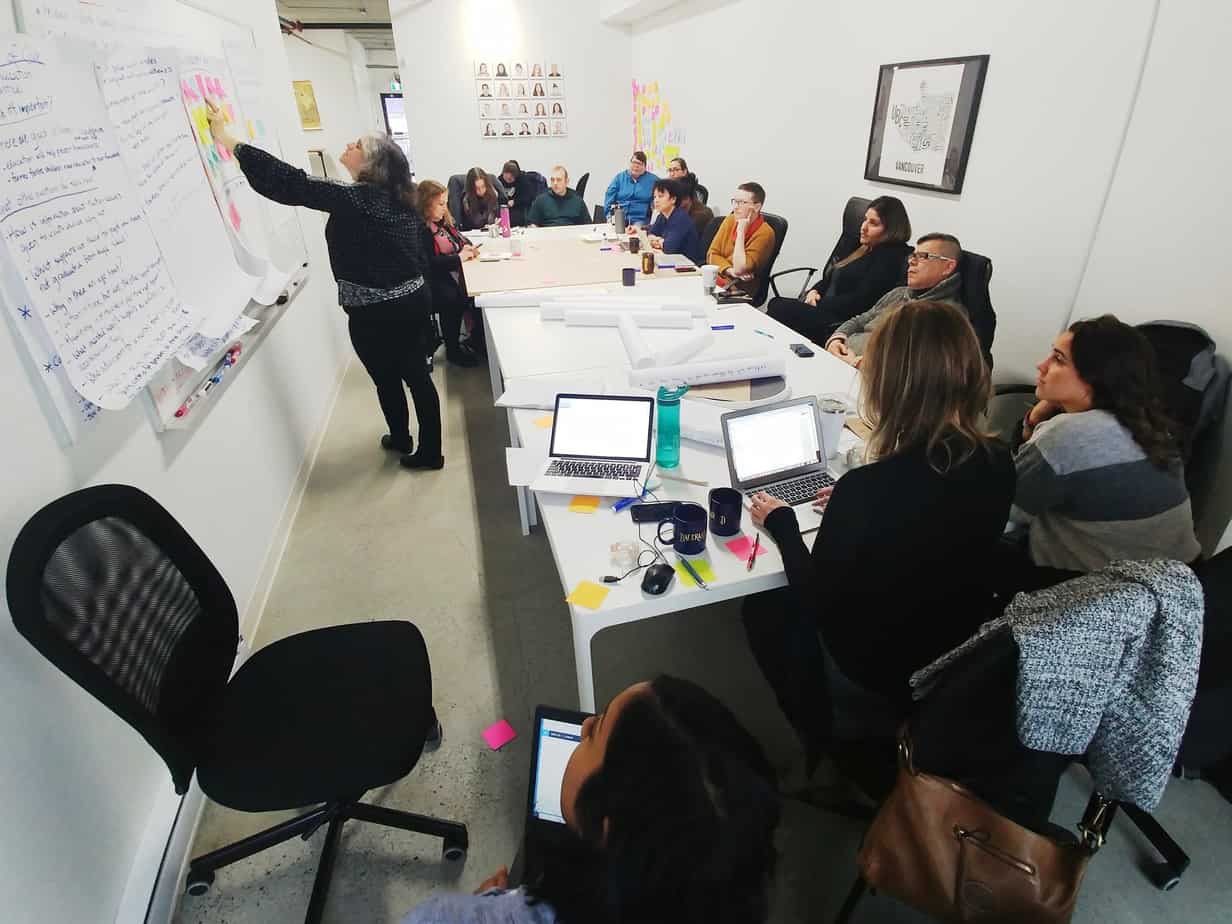
This is from our weekly Discourse newsletter. Make sure to share it and subscribe here.
This week, the Urban Nation team is asking the public to vote on which topic they tackle as their next investigation. “You tell us what the news is and what needs investigating; we don’t tell you,” writes reporter Wawmeesh Hamilton. You too can vote here.
Involving our audience in selecting our stories is a big part of what makes The Discourse different than other news media outlets. I’ve been busy pitching investors to fund The Discourse to grow from three to six communities this week, and so I’ve been thinking a lot about the business case for community-engaged journalism.
In the traditional model, journalists and editors essentially guess what stories their audience wants, informed by their instincts and the news values we were taught. I often think about story meetings at Maclean’s, where I had my first professional journalism job. I would prepare a handful of story pitches and “testing” them might consist of trying them out on my friends at a dinner party. Then I’d pitch at a closed meeting to a small group of other journalists who had a lot in common: we had similar educations, mostly lived in downtown Toronto, and were disproportionately white compared to the general population. We were the people who got to decide what Canadians needed to know.
While this approach has produced many great stories, it also causes problems. Media outlets can become more responsive to PR and political cycles than to the actual information needs of their audience. Stories tend to overlook the perspective of people who are not represented in the newsroom. And the “news values” journalists are trained to use often skew story choice towards conflict, sensationalism and crisis. On balance, these stories project a view of a more troubled world than is accurate — which disempowers the public, discouraging us from taking action on issues we can do something about.

This is why The Discourse has developed a unique process that, driven by data analysis, involves our audience in voting for, researching and distributing our stories. But it’s not only our desire to help communities take action on issues that motivates us to use this process; it also makes good business sense. Stories produced this way consistently over-perform on metrics of engagement compared to industry averages, and these metrics correspond with audience revenue.
Here’s another reason asking our audience to vote on our next topic is good for business: it’s cheaper. We validate audience demand for stories before we spend money producing them, which avoids wasting resources on topics our audience doesn’t care about. This is important because Discourse journalists don’t crank out as much content as journalists in an advertising-based model — we spend more time getting our stories right and engaging with our communities, instead. So our content genuinely responds to community demand for information.
Some members of my team (cough, cough) have questioned whether our audience will care about the business behind The Discourse. Here’s why I think you should: the reason that we’ve seen the collapse of local news is not because of declining demand for journalism. It’s because the ad-based business model of traditional newspapers has been completely disrupted by Google and Facebook. But lots of research has shown there is a connection between local news and civic engagement. So, as a journalist who cares about the health of our democracy, I’ve become obsessed with developing a profitable business model that can replace the one that is dying.
I’d love to know: do you share my interest in the business side of journalism? Do you want to hear more about how The Discourse is trying to innovate a new model?
Did you hear?
Here are some of the ways we involve our audience in our journalism:
- When the Urban Nation community voted for our journalists to dig into the resilience of Indigenous culture and how to connect with it even in the city, we produced this series, including our ongoing investigation into fake Indigenous art that the public can contribute to.
- After Cowichan Valley voted for reporter Jacqueline Ronson to investigate the controversy surrounding a local racetrack, a lawsuit was settled and locals felt heard.
- The Discourse’s Scarborough team created space for tough conversations about public transit through its Story Circle event series, which brought together city councillors and the public to talk in a safe space.
- Child welfare reporter Brielle Morgan invited biological parents, extended family caregivers, foster parents and support workers to contribute their lived experiences to her collaborative data journalism investigation into B.C.’s child welfare system.
- As I wrote last week, when The Discourse got a chance to present to the federal government about how the Liberals’ journalism policy could better support small digital news outlets, we published a Google Doc version of our policy memo and asked the public to help us crowdsource a better policy.
Upcoming
The Discourse data journalist Francesca Fionda will be debating Is Social Media Destroying Democracy? A Debate on Social Media in the Age of Disinformation on Thursday, April 11 at SFU’s Community Summit. Get tickets here. [end]


